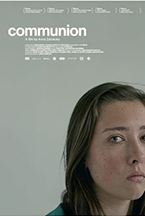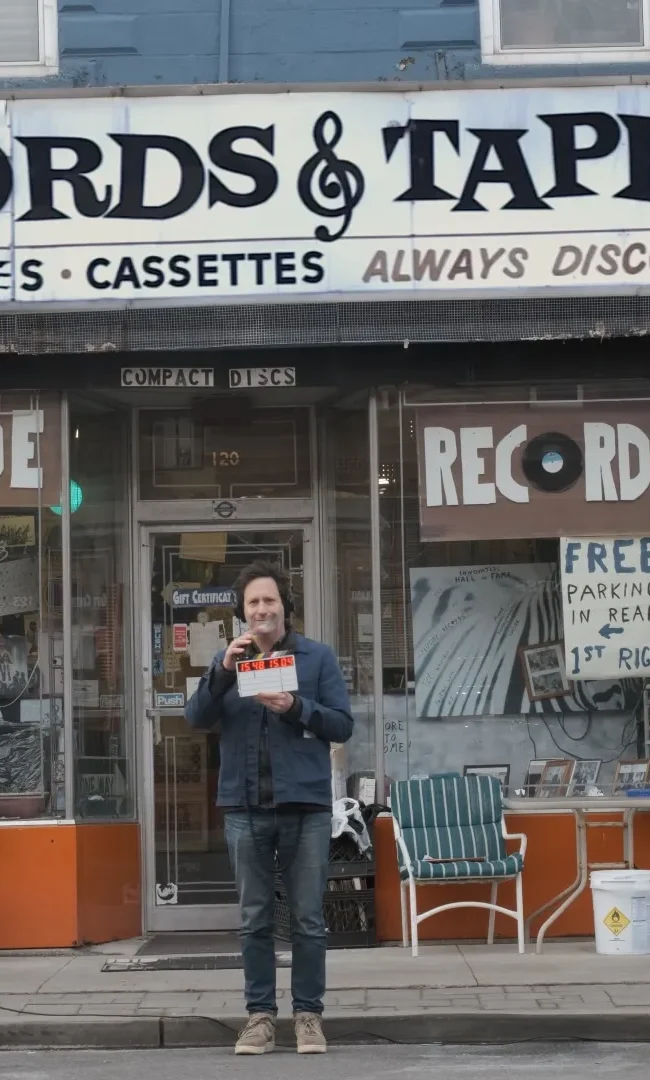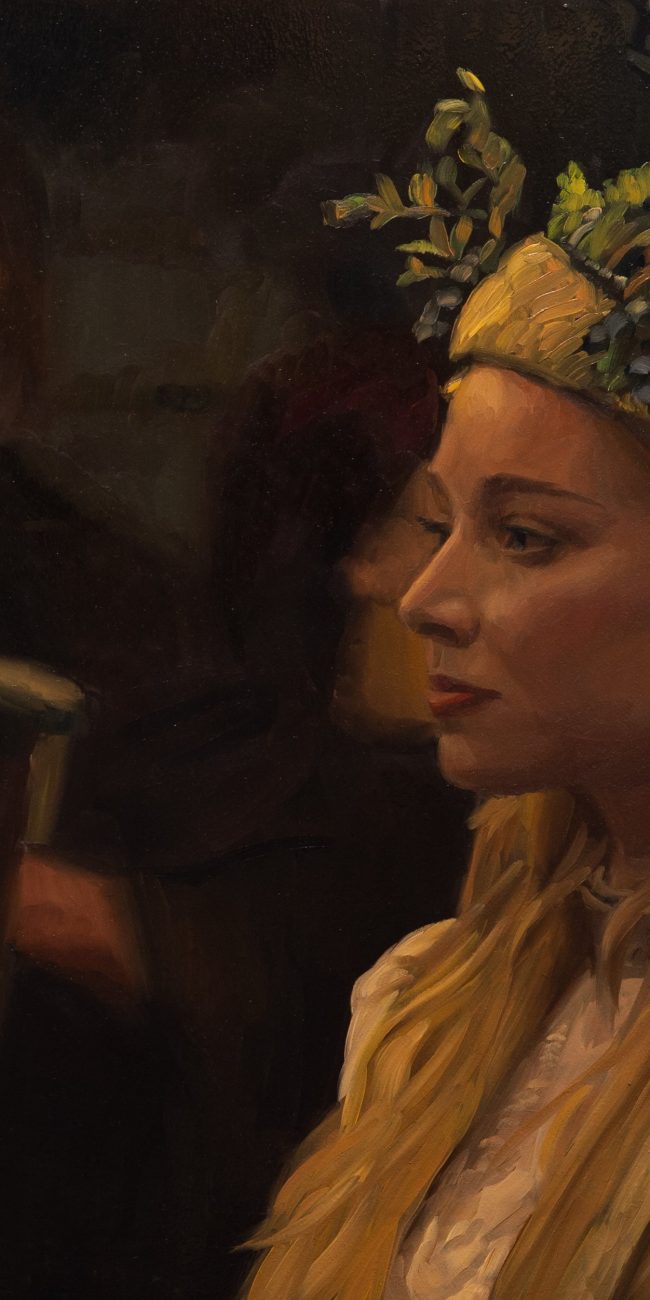
(Anna Zamecka’s debut feature, Communion is in theaters now in limited release. Like what you see here on Hammer to Nail? Why not pay just $1.00 per month to help keep us going?) )
A remarkable work of intimate documentary filmmaking, Polish filmmaker Anna Zamecka’s debut feature, Communion, plunges us headfirst into the fraught dynamic of the Kaczanowski family. They are four: father Marek, mother Magda, 14-year old daughter Aleksandra (or Ola, as she is known), and younger (and autistic) son Nikodem (or Niko). It is this last one’s preparation for his first Holy Communion that forms the dramatic spine of the movie. Along the way, Zamecka, through the pure vérité of her observational lens, offers searing criticisms of Polish society and its full-throated re-embrace of Catholicism since the fall of communism. Absolutism can be political or religious, but the results are the same.
From the beginning, there is something clearly unstable in the home, and not because we see Niko struggling to secure his pants belt in the first shot. Rather, it is the arrival of a child-welfare officer who yells “Have you been drinking again?” to Marek, while poor Ola denies that dad is drunk. All the while, it is she who cooks and cleans and schools Niko in his catechism. Mom is nowhere in sight, though Ola speaks to her, plaintively, on the phone, begging her to come to the eventual communion ceremony. It seems that Magda has left the nonexistent joys of Marek’s company for life with another man, with whom she has a new baby. It is up to Ola to take over in her place.
And so we proceed, in this brisk (only 72 minutes), bleak heartbreak of a film that, sad as it is, nevertheless inspires some kind of hope in the resilience and will to live at Ola’s core. Everywhere is the patriarchy and the church, symbols of a system that applies rules without regards to their relevance in real life. In old video footage, we see a much younger Magda preparing for her own first communion, full of a hope that left her in adulthood. Poland can and should do better.
Throughout, director Zamecka and her brilliant cinematographer, Malgorzata Szylak (Wild Roses), somehow infiltrate this high-strung, roiling emotional landscape without drawing attention to themselves (though Niko and, later, Magda, do seem to notice the camera once or twice). How, we wonder, is it possible to bear witness in these raw moments without intrusion? Perhaps the “communion” of the title refers to their own symbiosis with the subjects, as well. Whatever the truth, the reality is that Communion inspires with its metaphor of the failed family as a stand-in for the failing state (Poland is in crisis, after all), and with its vision of Ola as a brave new champion of the future. We can always dream.
– Christopher Llewellyn Reed (@ChrisReedFilm)
Like what you see here on Hammer to Nail? Why not pay just $1.00 per month via Patreon to help keep us going?











